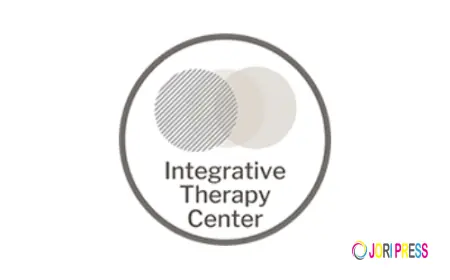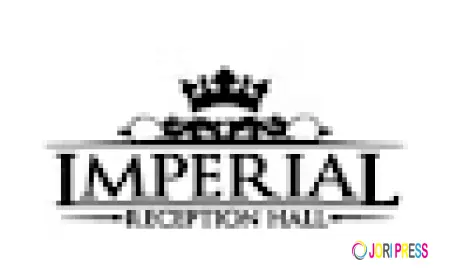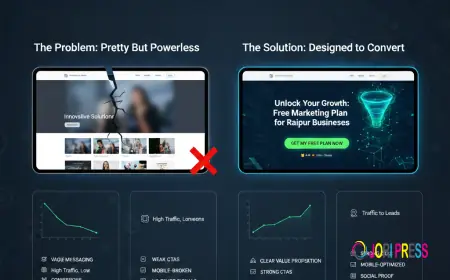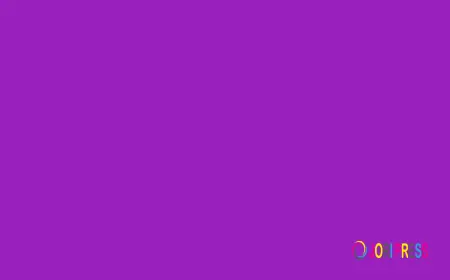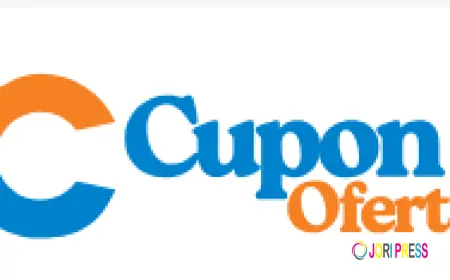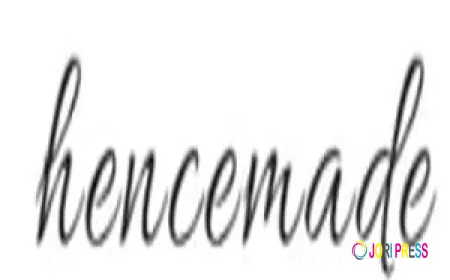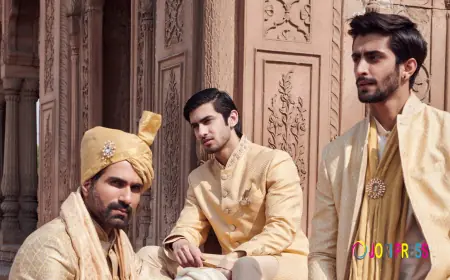Meditation Cushion Market: Mindful Growth and Market Trends By 2030
The meditation cushion market size was valued at USD 150 million in 2024 and is projected to grow from USD 162.75 million in 2025 to USD 244.72 million by 2030, exhibiting a CAGR of 8.5% during the forecast period (2025-2030).
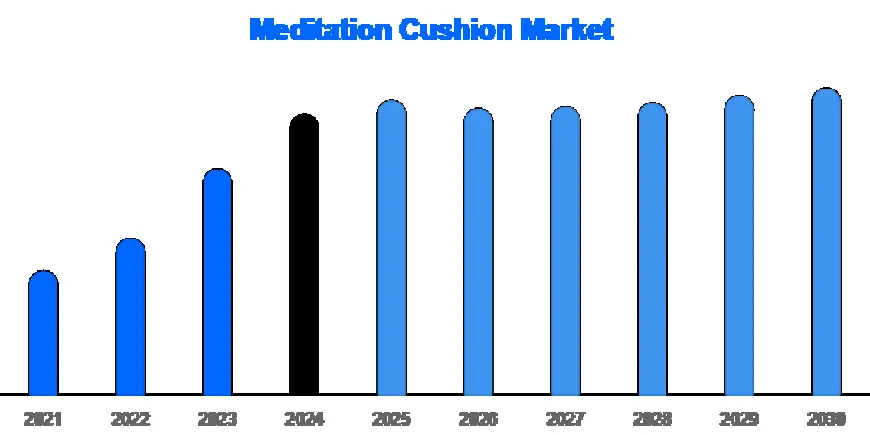
Market Overview
The global meditation cushion market is expanding steadily as wellness practices become part of daily life across cultures. More people are turning to meditation to manage stress, improve mental clarity, and enhance focus, leading to greater demand for supportive accessories like cushions. These products are no longer niche; they are entering mainstream retail, with their use extending from spiritual retreats and yoga studios to home offices and wellness rooms.
The meditation cushion market size was valued at USD 150 million in 2024 and is projected to grow from USD 162.75 million in 2025 to USD 244.72 million by 2030, exhibiting a CAGR of 8.5% during the forecast period (2025-2030).
Rising awareness about posture, joint support, and the role of comfort during long meditation sessions has turned these cushions into essential tools for both beginners and experienced practitioners. The market is projected to grow significantly over the next decade, fueled by both lifestyle changes and product innovation.
Regional Insights
North America and Europe remain key markets due to high consumer spending on wellness and fitness products. In these regions, consumers are seeking premium-quality cushions made from sustainable and organic materials. Custom designs and home décor compatibility also matter, as many customers are incorporating meditation into their home environments.
Asia-Pacific is expected to see the fastest growth. Countries with deep-rooted traditions in meditation and yoga, such as India, Japan, and China, are seeing renewed interest, especially among urban populations. Increasing income levels and a shift toward personal well-being are major contributors. Latin America and the Middle East are also showing growth, supported by the expansion of wellness tourism and online retail channels.
Market Drivers
One of the strongest drivers of this market is the growing focus on mental and physical wellness. People are increasingly aware that consistent meditation improves emotional balance, and a quality cushion enhances the experience. Post-pandemic shifts have pushed consumers to prioritize home-based relaxation tools, which include meditation and yoga accessories.
Material innovation is also influencing buying decisions. Consumers are looking for ergonomic cushions filled with buckwheat hulls, kapok fiber, or memory foam, often wrapped in organic cotton covers. Environmental consciousness plays a significant role, and brands that offer biodegradable or recyclable packaging have a competitive edge.
Product Types and Preferences
The market is dominated by two main types of cushions. The round cushion, known for lifting the hips and aligning the spine, is popular among experienced meditators. Flat cushions or mats, often used under the knees or ankles, are preferred for longer sessions or people with joint sensitivity.
Customization is becoming a strong selling point. Users can now select firmness, fabric patterns, cushion height, and even receive posture-specific designs. Minimalist and zen-inspired aesthetics are in demand, aligning with broader home décor trends.
Market Challenges
Despite positive trends, there are barriers. Premium meditation cushions are often perceived as luxury items, especially in emerging markets. Many beginners are reluctant to invest without fully committing to a meditation routine.
Another challenge is product saturation. With many new entrants and handmade sellers online, consumers may struggle to differentiate between high-quality and low-quality offerings. This can lead to inconsistent user experiences and hesitancy to purchase again.
Emerging Opportunities
There is growing interest in meditation cushions as gifting items. Wellness-focused gifting is becoming popular in both corporate and personal settings. Bundled meditation kits that include cushions, incense, and audio content are gaining traction.
Partnerships between cushion brands and meditation apps or influencers are also opening new channels for visibility and trust. Businesses that offer instructional content along with products are more likely to build customer loyalty.
Retailers who focus on personalization, sustainability, and strong storytelling about their materials and mission are best positioned to grow. Expanding into wellness spas, yoga retreats, and premium hotel chains could also unlock new distribution opportunities.
Future Outlook
The meditation cushion market is well-positioned for long-term growth. As mindfulness becomes a global priority, consumers will continue to seek tools that support comfort and consistency in their practice. The companies that succeed will offer more than just a product — they will deliver a complete wellness experience built on design, ethics, and user satisfaction.
About Deep Market Insights
Deep Market Insights is a leading global market research and consulting firm dedicated to delivering accurate, data-driven intelligence across diverse industries. Our mission is to empower businesses with reliable market analysis, enabling smarter decisions and long-term growth.
What's Your Reaction?
 Like
0
Like
0
 Dislike
0
Dislike
0
 Love
0
Love
0
 Funny
0
Funny
0
 Angry
0
Angry
0
 Sad
0
Sad
0
 Wow
0
Wow
0








